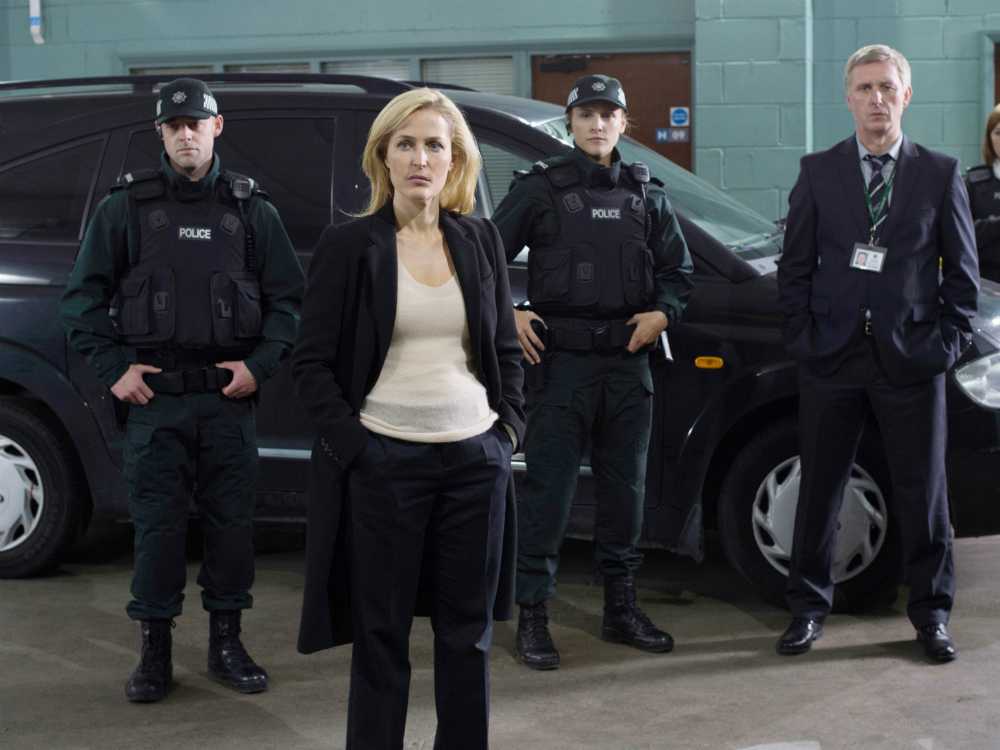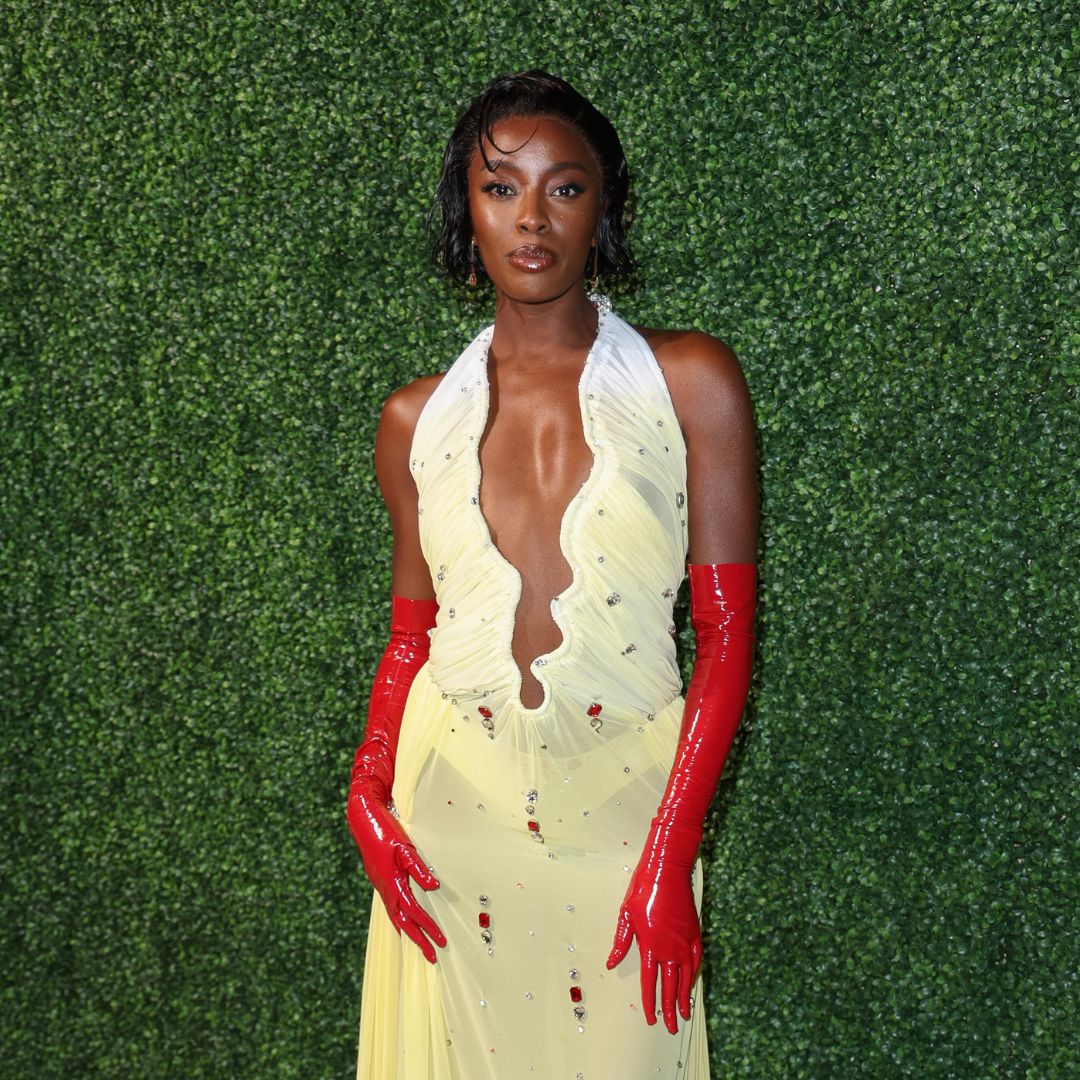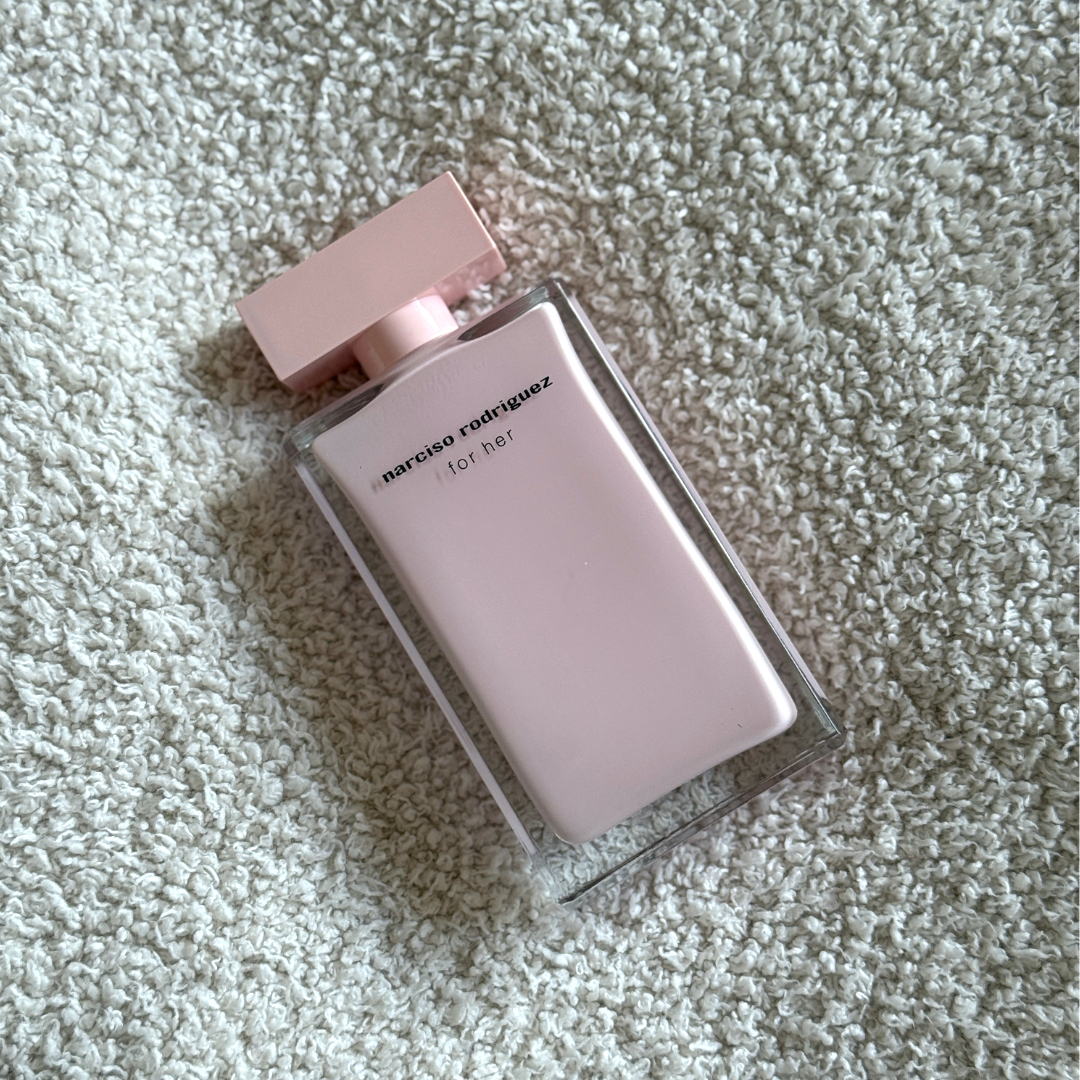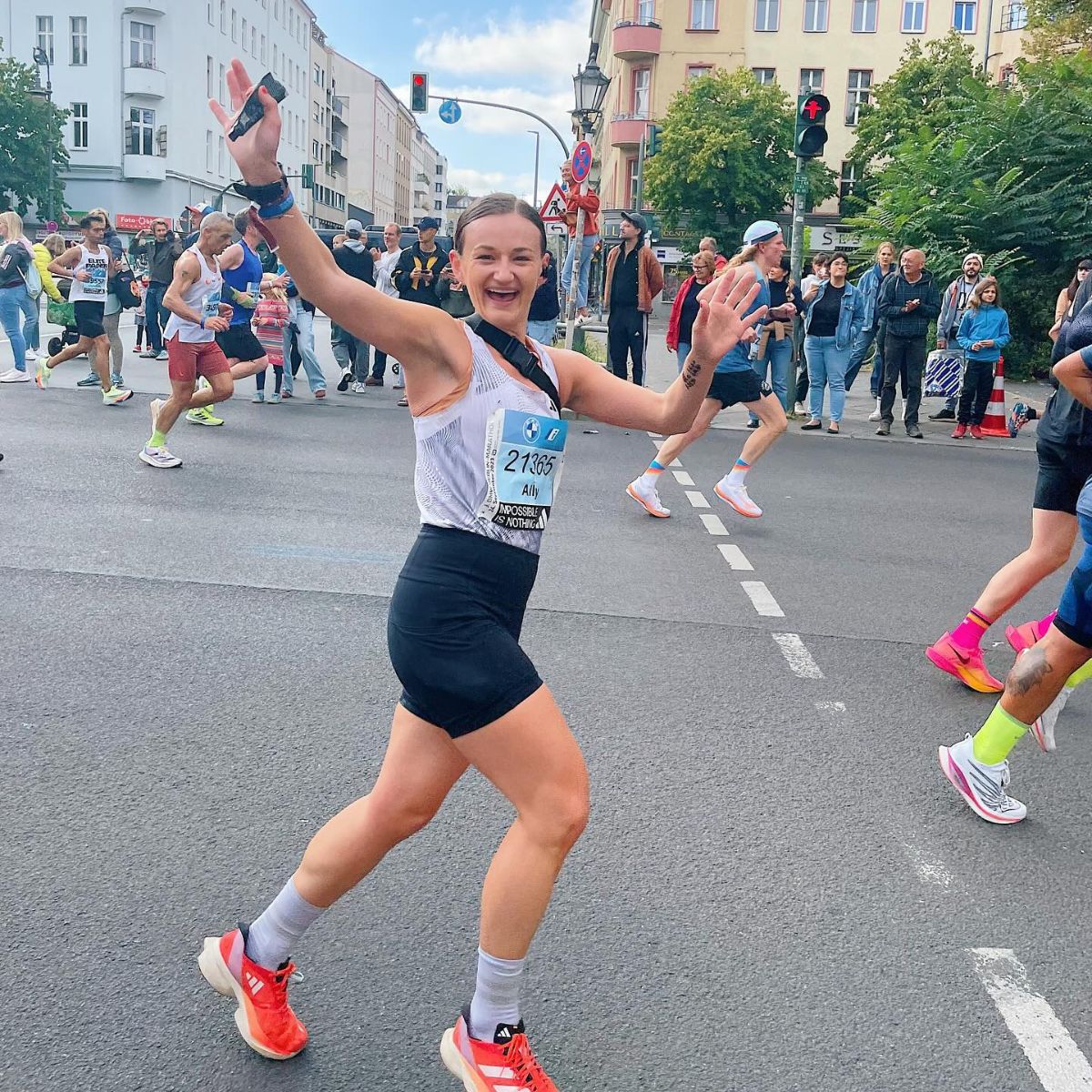Whodunnit Then? Here's Why We're All So Obsessed With Violent Crime
From Fortitude and Serial to upcoming film The Face of an Angel, we’ve become a nation of armchair detectives, desperate for the truth. But what exactly does our grisly fascination with violent crime say about us?

From Fortitude and Serial to upcoming film The Face of an Angel, we’ve become a nation of armchair detectives, desperate for the truth. But what exactly does our grisly fascination with violent crime say about us?
We spoke to an expert criminologist to find out why we're all so intrigued by violent crime, from TV shows and films to real-life cases played out in the news...
It started with a podcast. When Serial launched last October, we – and more than five million others who’ve since downloaded it – were hooked by journalist Sarah Koenig's re-examination of the 1999 murder of high-school student Hae Min Lee. Did the victim’s former boyfriend really kill her? And could we be the ones to solve the mystery?
It’s a cultural trend that arguably originated from the Scandi-noir movement, thanks to The Killing, Borgen and The Bridge. Suddenly, TV crime drama was no longer of the fusty, Midsomer Murders variety – production values were high, writing was first-class and the result was something altogether edgier. Things went mainstream as British writers stepped up to give us Broadchurch, The Missing and The Fall.
Gillian Anderson in The Fall
Back in the real world, the Amanda Knox case (dramatised in March in new film The Face of an Angel, starring Cara Delevingne) and Oscar Pistorius’s trial, which generated more than 3.5 million tweets, had us unable to switch off.
But why the fascination? ‘Viewing anything that involves violence or death will kick-start a lot of psychological processes, such as stress and excitement,’ explains psychologist Andrew Silke, head of criminology at the University of East London. ‘Your brain’s neocortex becomes psychologically aroused, but not in a dangerous way since you’re in the safe environment of your own home.’
Marie Claire Newsletter
Celebrity news, beauty, fashion advice, and fascinating features, delivered straight to your inbox!
Launching into detective mode and theorising endlessly is also instinctive. ‘Whenever a serious crime happens, there’s an intense desire to seek information about what’s gone on,’ explains Silke. This is heightened by our 24-hour news and social media culture. ‘It feeds our desire in a way that wasn’t possible 20 years ago. The appetite for information has always been there, but thanks to the internet we now have more ways of accessing it.’

Cara Delevingne in The Face of an Angel
But why, when women are so often the victims in both fictional and real-life crime, are female audiences so captivated? Once again, it’s down to human nature. ‘We pay closer attention to events that happen to people like us. So if we perceive a similarity to the victim, or even the perpetrator, then we’re much more invested,’ says Silke.
At the heart of it, our communal quest for resolution could be down to a desire for justice in an unjust world. ‘Humans are social creatures and our dynamics depend on fair play,’ Silke explains. ‘Psychologically, we struggle to cope with bad things happening to good people, because of our in-built need for justice.’ And our appetite for the truth doesn’t look set to wane any time soon.
-
 Anatomy Of A Wardrobe: TV presenter AJ Odudu is carving out her own lane, one show-stopping look at a time
Anatomy Of A Wardrobe: TV presenter AJ Odudu is carving out her own lane, one show-stopping look at a timeWatch as we take an exclusive look inside AJ's wardrobe
By Lily Russo-Bah
-
 This perfume has been an icon for over 20 years, and for good reason—it’s soft, elegant, and oh so feminine
This perfume has been an icon for over 20 years, and for good reason—it’s soft, elegant, and oh so feminineFeminine but not *too* sweet
By Lucy Abbersteen
-
 Got marathon fever? Trust us: these 12 running accessories will make any distance more manageable
Got marathon fever? Trust us: these 12 running accessories will make any distance more manageableOnce you try these, you won't look back.
By Amelia Yeomans